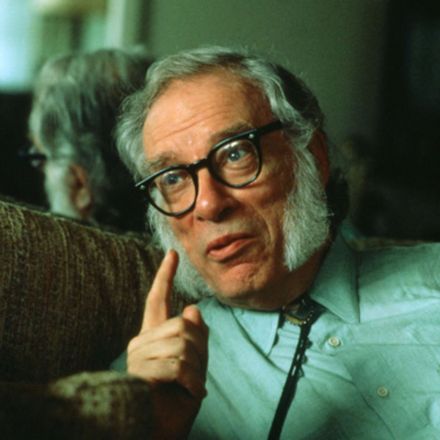

10 years ago
2
The Relativity of Wrong
"John, when people thought the earth was flat, they were wrong. When people thought the earth was spherical, they were wrong. But if you think that thinking the earth is spherical is just as wrong as thinking the earth is flat, then your view is wronger than both of them put together."
Continue Reading-
The Fallacy of Gray
We saw it manifested in yesterday's post—the one who believed that odds of two to the power of seven hundred and fifty millon to one, against, meant "there was still a chance". All probabilities, to him, were simply "uncertain" and that meant he was licensed to ignore them if he pleased.























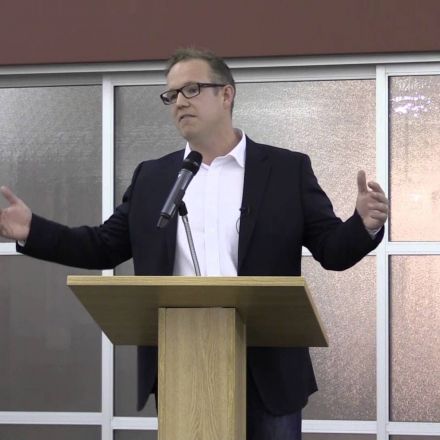
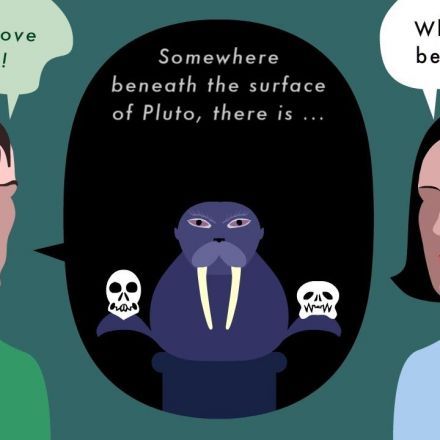
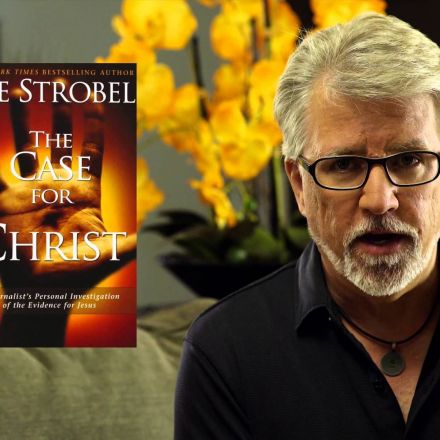
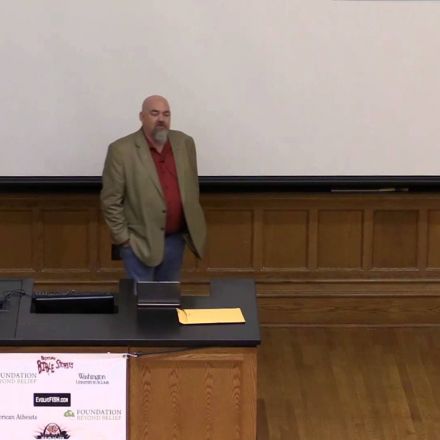
Join the Discussion
(hopefully generating and education sub-thread)
I think I may make this essay required reading for my conceptual astronomy class.
So how do I get my students to digest and discuss, and what sort of assessment could I do?
I've been pondering this one a couple of days, but I'm not a teacher so I'm not exactly an expert in training people how to think for themselves. But a few ideas come to mind.
- What other examples can the students think of to support Dr. Asimov's argument?
- What examples can students think of that might refute Dr. Asimov's argument?
- What do other scientists have to say about certainty? What resources are available to examine the topic (example: Expressing scientific certainty by Charles Weiss (pdf))
- How do attitudes differ among people and professions in how we express knowledge and our willingness to re-examine or update axiomatic principles?
- What is skepticism and how does it work?
I'm not sure how helpful these questions would be, but they represent my thinking on the topic as my understanding of knowledge and skepticism has developed since reading Dr. Asimov's letter.